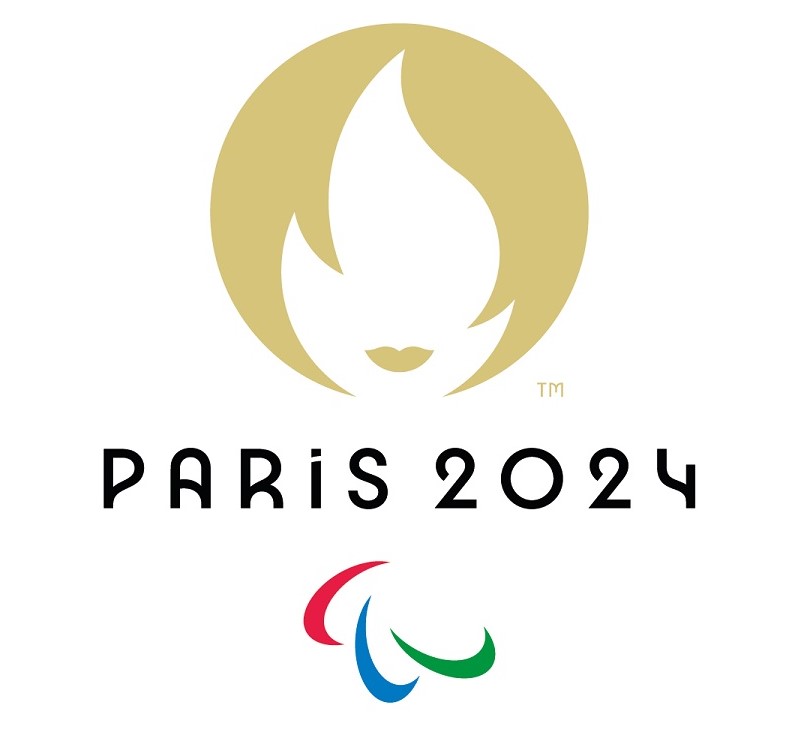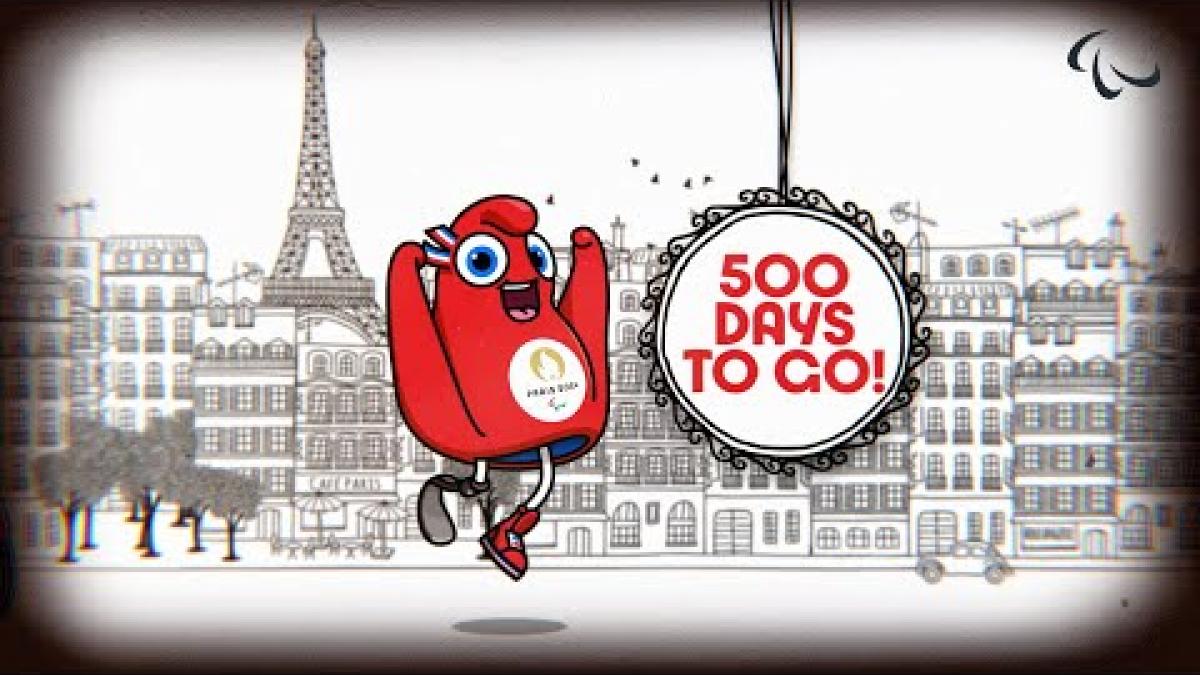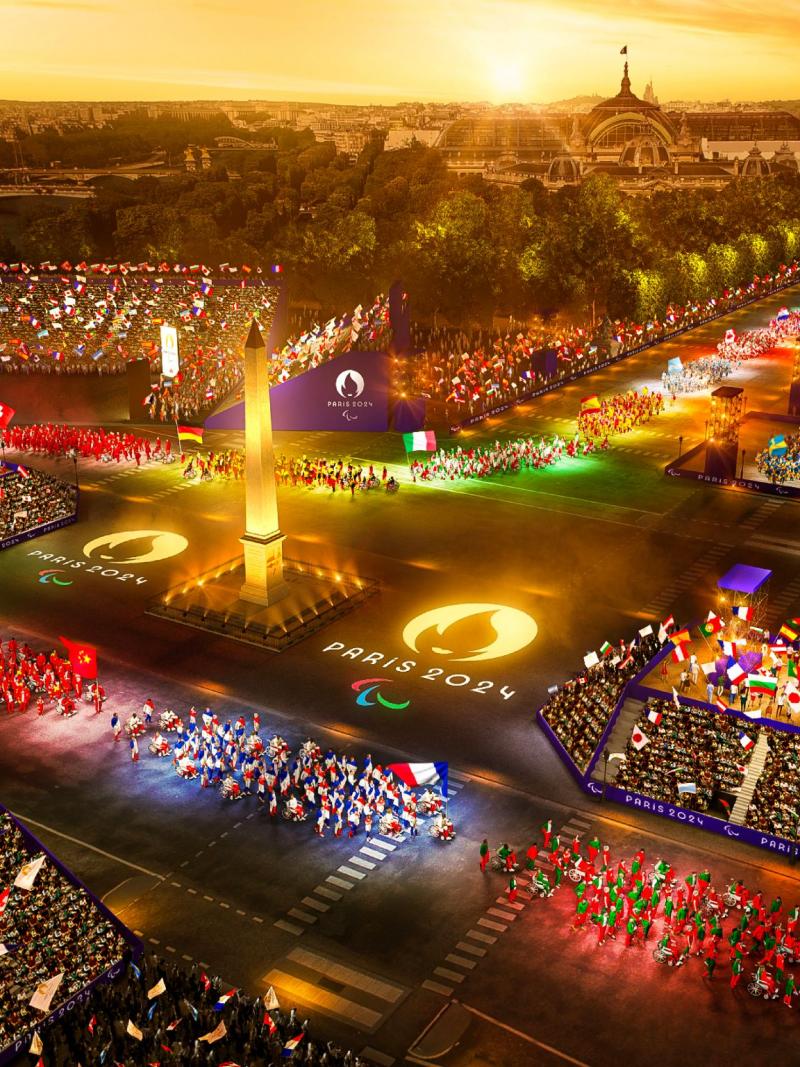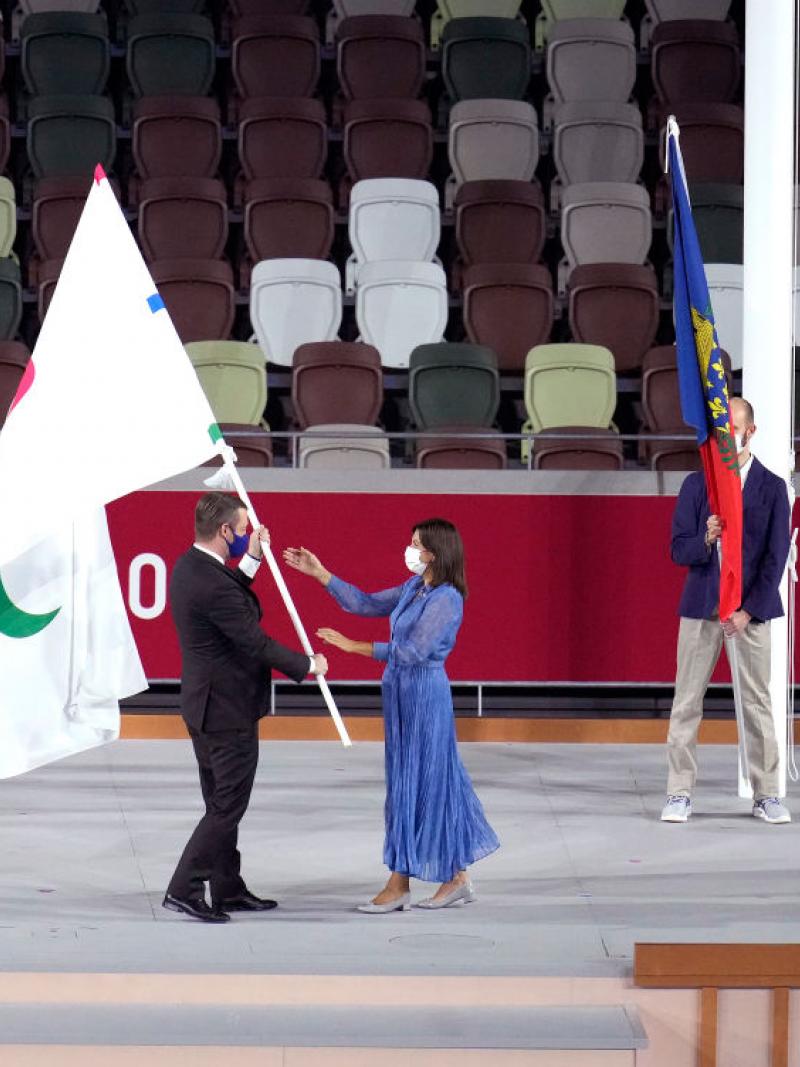IPC President Andrew Parsons: "We want Paris 2024 to change the world”
With 500 days to go until the Paris 2024 Paralympic Games, the IPC President reflects on the potential of the Games to bring lasting change for people with disabilities in France and the important gains made so far 17 Apr 2023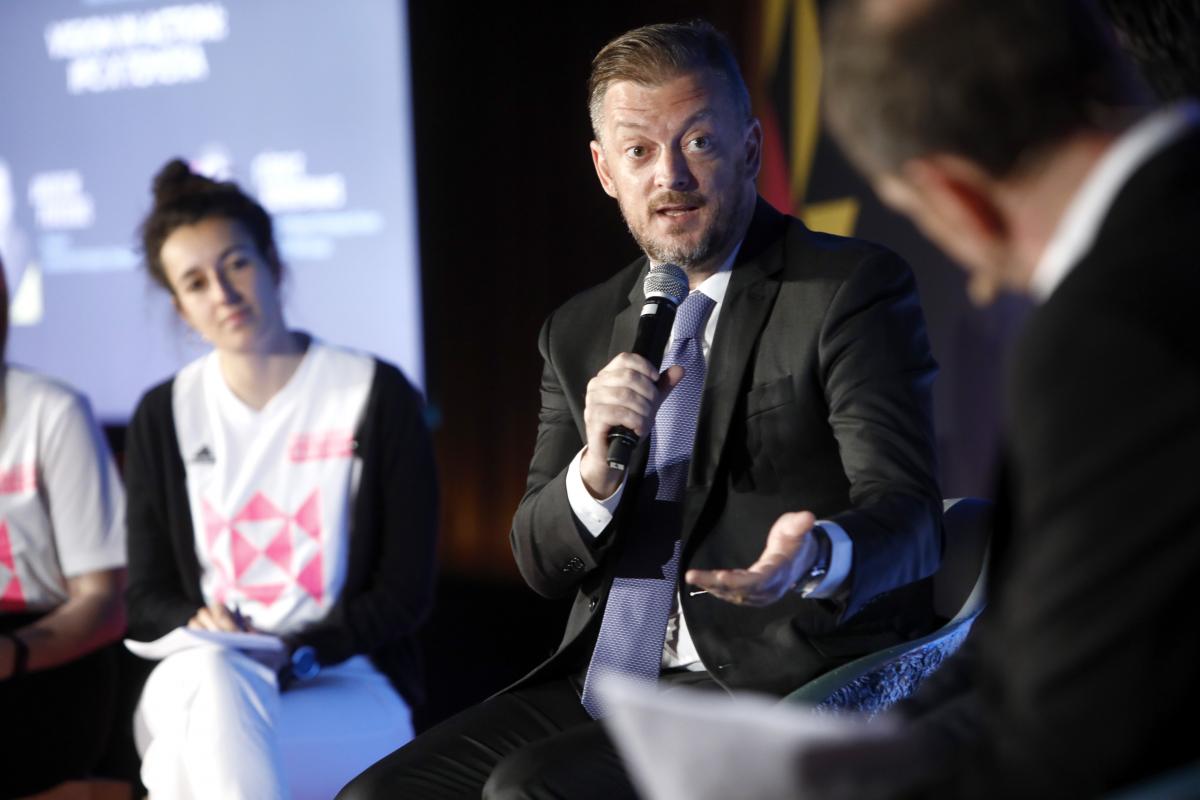
With 500 days to go to the Paris 2024 Paralympic Games we caught up with International Paralympic Committee (IPC) President Andrew Parsons to get his thoughts on what progress he thinks has been made to date, what has impressed him, what he is most excited about, and what his hopes are for the Games in the City of Light.
President Parsons on … the creative approach of the Paris 2024 Organising Committee
I like Tony Estanguet’s [President of Paris 2024] team at Paris 2024 because they challenge us and push the boundaries, but in a good way. I remember when they came up with the idea of the Opening Ceremony being performed outside of a stadium for the first time. Initially we were like, “But this is how we do it…” and their reply was, “Aah, but this is how you could do it!”
Up to 65,000 spectators will be able to attend the fully accessible Opening Ceremony that will see the Athletes’ Parade weave through the bottom of the world’s famous avenue, the Champs-Elysees, and arrive at the iconic Place de la Concorde.
With its views of the Louvre, the Jardin des Tuileries, and the Arc de Triomphe, I think it is going to be a thing of beauty for the whole world to marvel over. That Opening Ceremony is important because straight from the get-go we’re going to capture people’s imaginations.
Paris is one of my favourite cities in the world. We’re going to have a combination of amazing venues at iconic landmarks. I loved the symbolism when Paris 2024 celebrated France’s first Paralympic Day last October. Here we were in the Place de la Bastille, the epicentre of the French Revolution.
We had 40,000 people, and thousands were persons with disabilities. It was so full of energy as those visitors had the chance to try out 15 Para sports, meet 160 French and international athletes, and cheer on a long jump showcase featuring three world record holders. All I could think was that we’re going to create a new revolution for persons with disabilities in France.
I think the Organising Committee is doing some great things in promoting the Games and creating awareness. The next big thing is how we turn this enthusiasm into ticket sales. There are 2.8 million tickets to sell, and if they all sell, then it will be the biggest Paralympic Games in history.
President Parsons on … French-wide initiatives to promote inclusion
Legacy is key for any Games, and we know that with the Paralympics the impact of those two weeks of sport last for generations afterwards. This is already happening in France.
Last April we saw the French government reduce the VAT on a range of assistive technology equipment for persons with disabilities from 20 per cent to 5.5 per cent. That commitment meant that the cost of equipment became less of a barrier to France’s 12 million persons with disabilities engaging in sport.
This April we have just had Olympic and Paralympic Sport Week. It was a huge success. There were 8,000 schools in France engaging over one million children in Para sport and the topic of inclusion. That kind of education is important because these are the next politicians, business leaders, and decision makers. For them to know that having a disability is wonderfully normal means France becomes a more inclusive society.
It's also been great to see all stakeholders in the Games working together. The Organising Committee, the French National Paralympic Committee and civil society were all involved in the week. I was very pleased to see the Minister of National Education, Youth and Sports, and the Minister Responsible for Persons with Disabilities so heavily involved. Then you had President Macron meeting Paris St Germain’s ‘Legendary Eleven’, a team of kids who are neurotypical and autistic. I’m a big fan of how the President is creating awareness and understanding for persons with disabilities.
President Parsons on … the City of Paris becoming more accessible
At a local government level, the support and commitment of Mayor Anne Hidalgo is fantastic. It is one thing to show enthusiasm for a Games, it is another to invest EUR 125 million over the next three years, making Paris more accessible for persons with disabilities. But that’s exactly what the City of Paris is doing.
It’s a huge and important investment. By way of comparison, Beijing 2008, which is often seen as the benchmark for creating an accessible Games, spent a similar amount of money in seven years. But here is Paris doing it in three.
The City is doing cool things like making all bus routes accessible, developing Enhanced Accessibility Neighbourhoods, and aiming to have 1,000 accessible taxis for the Games. These are all improvements triggered by the Paralympics. That’s change starting with sport.
President Parsons on … NPC France leading the charge to get more people in France practising Para sport
One of my favourite projects being led by the National Paralympic Committee of France is called Club Inclusif and its objective is to make 3,000 community sports aware of how to welcome persons with disabilities.
The President of NPC France is the Paralympic champion Marie-Amelie Le Fur and she recently showed me how the project is working in Paris already. It’s a simple but highly effective concept. There are thousands of sports clubs across France, but many of them are not set up to either allow people to practise Para sport or to encourage them to become better at it.
You don’t need to build new clubs or spend loads of money to help more people take part in Para sport, you just have to make the existing ones accessible for all. The programme advises on solutions like how to make the physical infrastructure of a building more accessible, and guides coaches on how to coach Para sport. It’s an impressive and important initiative because it’s about maximising opportunities for everyone to practise sport. It offers terrific legacy potential.
President Parsons on … the potential to hold the best Paralympic Games ever
I think we have a combination of many things that - if they come together - could make this the best Games ever.
Importantly, Paralympic sport is the best it’s ever been. Twelve years after London 2012, the sport has progressed both in terms of quality and excitement. We have more countries than ever before winning medals and the level of professionalism is at an all-time high. That means we’re offering the best product ever to spectators.
In Paris we’re very likely to have our biggest ever broadcast, which means more of the world will see Paralympic sport. Not only am I confident we’ll have more broadcasters than ever before, but it will also be seen in a record amount of countries. The return of spectators too is really going to make these Games buzz.
And when more people see the Games, we can deliver our all-important third pillar. That’s about how we drive impact through Para sport, making for a better and more inclusive world not just for our Para athletes, but the world’s 1.2 billion persons with disabilities who make up 15 per cent of the world’s population.
The Paralympic Games are the biggest showcase of persons with disabilities on the world stage. Put simply, our activities, and what happens in Paris next year will advance the human rights of persons with disabilities.
We want to change the world with the Games. We want to show the world that elite Para sport delivers legacy that last generations.




